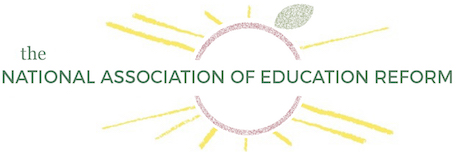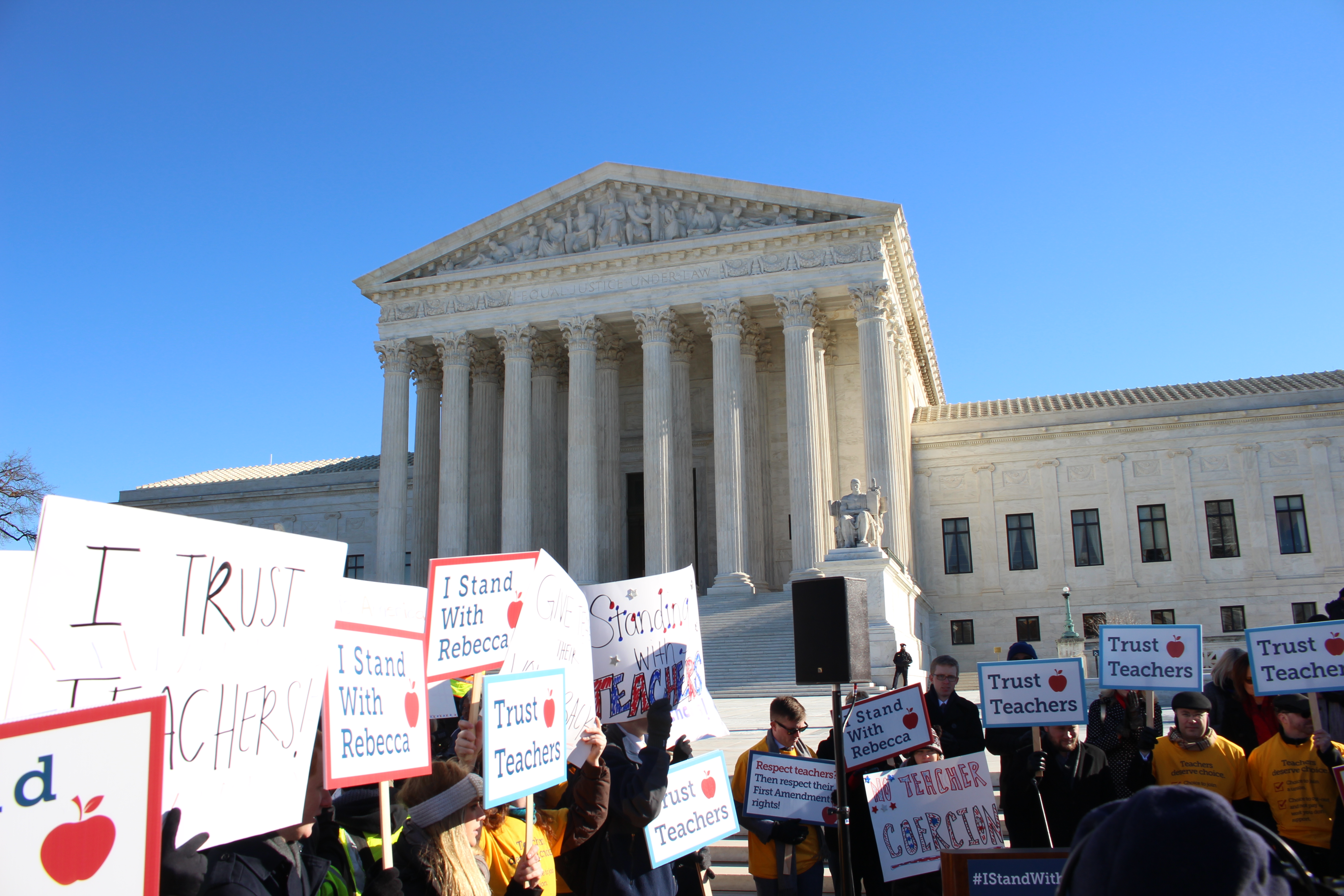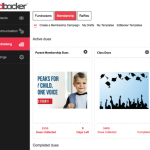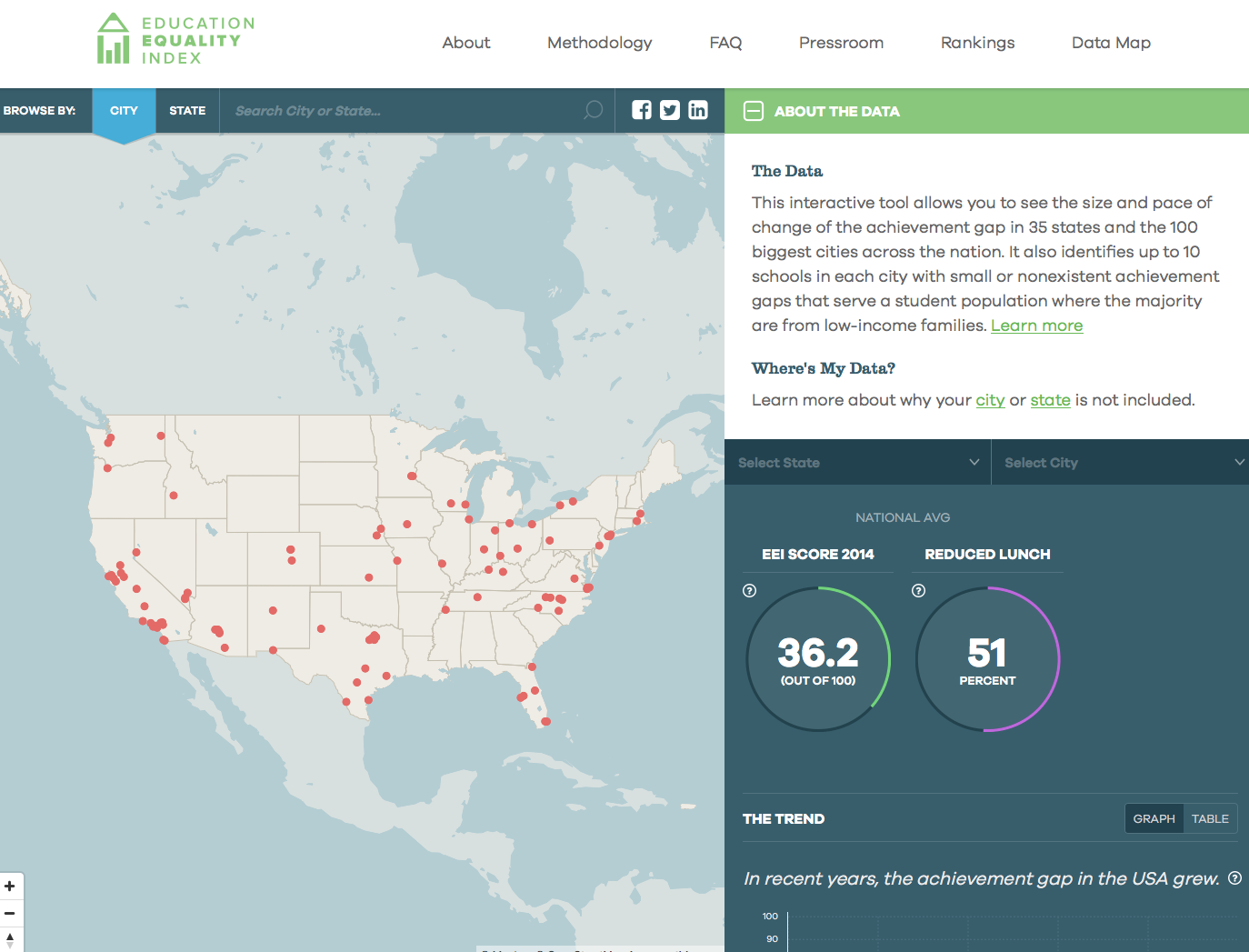by Alex Granados
April 1, 2016
Rep. Rob Bryan, R-Mecklenburg, unveiled the latest version of a draft Achievement School District (ASD) bill at the House Select Committee on Achievement School Districts on Wednesday.
One of the most significant changes was the addition of Innovation Zones to the legislation. Districts that put a school into an ASD would be able to take up to three other continually low performing schools and put them in an Innovation Zone — a zone where schools can operate with charter-like flexibility.
VIDEO: Rep. Bryan explains Achievement District bill and answers questions from North Carolina lawmakers to set straight what the intended goal of this legislation is — to improve outcomes for kids in the lowest-performing schools in the state.















 is adding edreform to his resume, using his star power for good by
is adding edreform to his resume, using his star power for good by  RACE & CHARTERS. There’s a much bigger story to how and why charter schools uniquely succeed that was not covered well in The Boston Globe’s “Racial aspects tinge Mass. charter debate” article.
RACE & CHARTERS. There’s a much bigger story to how and why charter schools uniquely succeed that was not covered well in The Boston Globe’s “Racial aspects tinge Mass. charter debate” article. 

 hools are doing when it comes to closing the achievement gap for low-income children. Sadly, the statewide achievement gap is “massive” in three out of four states for which information is available. The bright spot is that nearly 30 percent of the 610 achievement gap-closing schools recognized in this study are
hools are doing when it comes to closing the achievement gap for low-income children. Sadly, the statewide achievement gap is “massive” in three out of four states for which information is available. The bright spot is that nearly 30 percent of the 610 achievement gap-closing schools recognized in this study are  LOUISIANA OBSTRUCTIONS. The Jefferson, LA Parish Council has become a forceful
LOUISIANA OBSTRUCTIONS. The Jefferson, LA Parish Council has become a forceful 